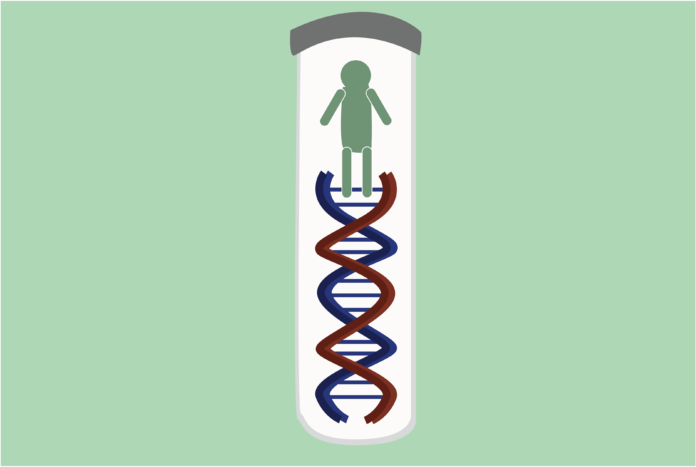DNA testing may promise new understandings of health and ancestry
On April 24, the UC Davis Humanities Institute will host a “Who are you?” campus conversation at the Davis Odd Fellows, 415 Second Street from 5:30 p.m. to 7 p.m., about the pitfalls, social risks and promises involved in DNA testing on campus and in Davis communities.
“Campus conversations are a publically-oriented event series with informal forums and open conversations where faculty and graduate students can directly engage with undergraduates, non-humanities majors and wider communities across Davis,” said Jaimey Fisher, the director of the UC Davis Humanities Institute and professor in the German and Russian department and Cinema and Digital Media department. “The public gets to hear interdisciplinary conversations between STEM and humanities and arts.”
As commercial DNA testing draws more attention from the general public, interdisciplinary conversations are needed to identify its implications.
“Before taking the test, talk to your family,” said Graham Coop, a professor in the UC Davis Department of Evolution and Ecology. “By taking a DNA test, you have the potential to find out stuff about your family that affects them too.”
For one tube of saliva, people can have a million different regions of their own genome analyzed and learn about their own risks for chronic diseases. For those who are adopted, they may also identify new family members, such as cousins, ancestors or biological families.
After submitting DNA samples, genetic testing companies enter the samples onto profiles in a database, which can be compared and matched for criminal investigations or family matching.
“Police and law enforcement use genetic testing to find individuals by looking at certain positions of the genome,” Coop said. “In the case of the Golden State Killer, the DNA from the crime scene was extracted and uploaded to GedMatch, a public DNA profile database. They uploaded the sample, found a match and created a genealogy to identify family trees and the serial killer.”
These genetic records remain private, but matches can lead individuals to one another.
“One major concern is the availability of counseling available for people receiving potentially distressing information,” said Meaghan O’Keefe, an assistant professor in the UC Davis Department of Religious Studies. “Companies, like 23andMe, emphasize that people should talk to their healthcare providers about their results, but this isn’t always a possibility for people with less than great health insurance.”
Genetic testing regulation varies across countries.
“23andMe is US-based and must comply with FDA regulations,” O’Keefe said. “They are currently allowed to test for only 10 conditions they have demonstrated a certain level of accuracy in terms of testing. Other companies based outside of the US aren’t bound by the FDA, so there’s less control over accuracy and often very little support for those receiving distressing results.”
People also buy DNA testing kits to validate racial and ethnic identities through ancestry.
“Your DNA does not reflect you,” Coop said. “The community you grew up with is more important than what a DNA kit says.”
Written by: Foxy Robinson — science@theaggie.org









